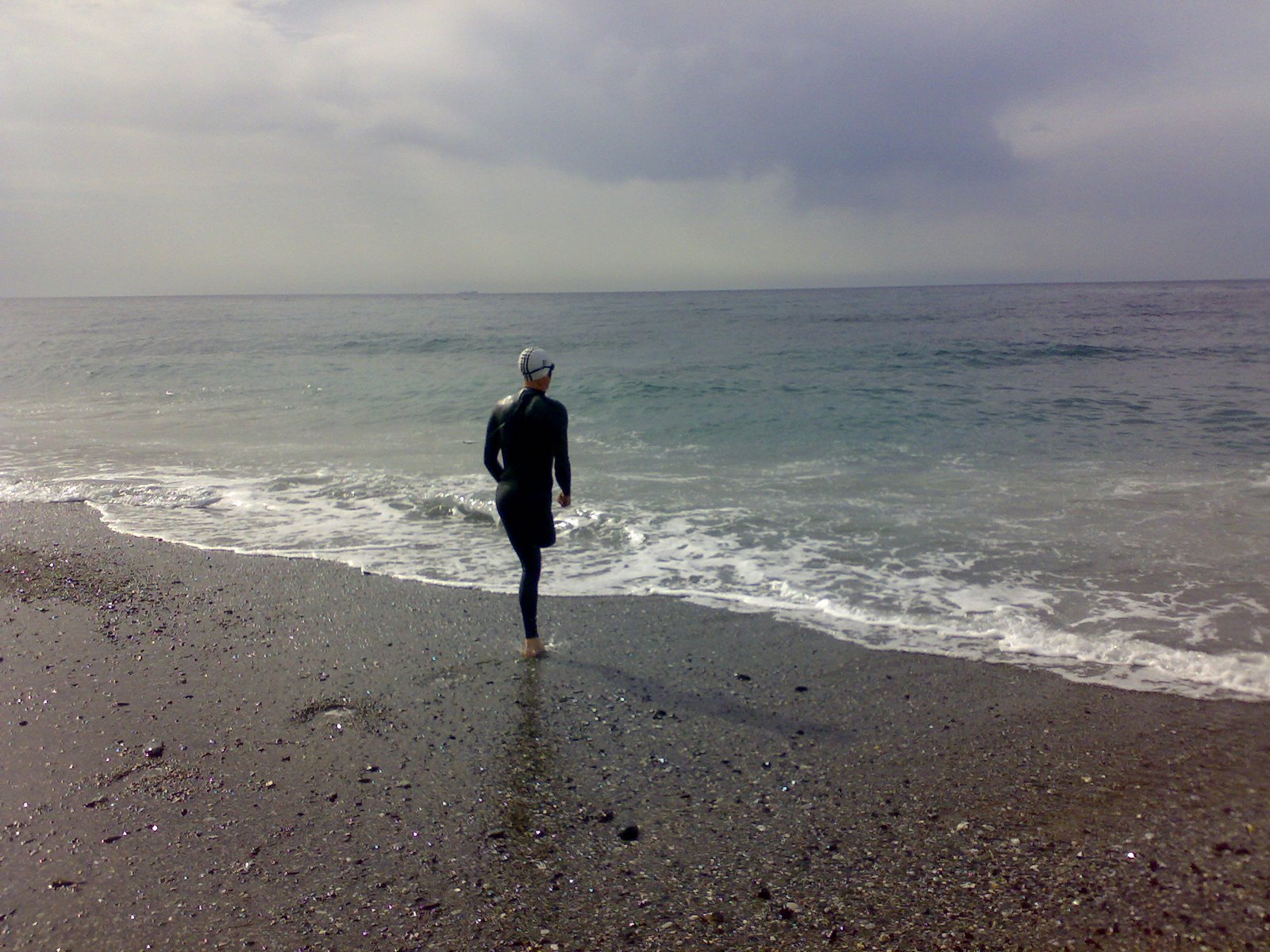There are 750 million disabled people in the world, about 10% of the entire population. In Europe, they account for 15% of the people.
In Italy there are 4 million people who suffer from disabilities, 1 in 14.
They belong to all categories: minors, elderly, immigrants, unemployed.
They need assistance from every social policy: citizenship rights, education and training, jobs, independent lives, accessibility and mobility, health care, free time.
People with disabilities may undergo discrimination and lack of equal opportunities in all aspects of life, often resulting in social exclusion.
For these very reasons, an ideal society should pay special attention to disabled people, developing and strengthening more broad and adequate policies for social integration, by focusing on disability in the context of national interest: right to access new technologies, education and jobs.
You can remove the invalidating causes by supporting scientific research and by cooperating with universities and research centers. In our country, it is paramount to change the National Prosthetic Tariff, the document which lists the prosthetic aids and technologies that are supplied by the National Health System to disabled people. This tariff, which was created back in 1992, doesn’t take into account the technical advances of the last 20 years, and is therefore unable to guarantee the clear benefits deriving from scientific research to the people with disabilities, as opposed to the Pharmaceutical Tariff, which is continuously updated.
It is therefore very important to support scientific research in the field of prosthetic aid, to improve the quality of life of those who need such devices, as a replacement for a missing limb. At the moment, results are very encouraging, so it’s not the time to give up.
As an example, we could mention an experimental project carried out by the United States Army, which improves the conditions of soldiers who have lost their legs, through a technology that understands the nerve signals from the muscles that are still in place, and translates them into robotic movements.
Integration of people with disabilities in schools is a strong indicator for our educational system. Our schools should be welcoming communities where all pupils, regardless of their functional differences, may achieve their growth potential as individuals and in society. Disabled children should be fully embraced through a wide range of projects within the educational system and throughout resources of the local territories.
Our country has adopted laws which focus on school integration of disabled children. It calls for architectural barriers to be removed; allows for school transportation; gives assistance during school hours; supports training of the teachers on integration issues; makes orientation available since elementary school; guarantees continuity between one educational cycle to the next; imposes mandatory instruction.
It also states, however, that such provisions are restricted within budget limits.
The disabled worker must be a resource for the community.
The relationship between the productive world and disabled people has always been problematic. There have always been social barriers and bureaucratic obstacles. So the disabled person not only suffers from his physical and psychological limitations, but also has a hard time enforcing his rights. Rights that are legitimate and sacrosanct, as regulated by Law n. 68/1999, which has replaced regulations, decrees and other norms that were over 20 years old.
Among the goals of the new legal framework, we find long-term employment in public and private enterprises, so that the disabled person may, through his work, “exploit his residual skills and unexpressed potential”.
In practice, however, it works differently. Only 1 in 4 enterprises actively cares about complete integration of the person with disabilities, with adequate policies and co-worker support and aid.
The other 3 only worry about legal compliance, without implementing ad-hoc integration policies, therefore distancing themselves from the provisions of Law 68/1999, which emphasizes the role of the disabled person, from a “constraint to an active resource”. Without forgetting to mention those cases where enterprises prefer to pay minor fines, when they are subject to scrutiny from statutory employment commissions.
The United Nations Convention on the Rights of Persons with Disabilities is, for me, part of a fight for democracy and civilization.
This important instrument, the result of a passionate battle and a source of constant debate and dialogue between institutions and society, has been the practical ground for the factual implementation of the universal principle that states “Nothing against us, nothing without us”.
I am convinced that the answer to this dramatic reality, is to increase the opportunities for social mobility. We must free new technologies from our drawers and make them accessible to disabled people, in order to help them join the work force, live in a home, attend school with dignity.
Modern life forces us to make a step forward: taking back and integrating people with disabilities is not just a moral obligation, but first and foremost an economic one. In times of crisis like the one we are currently experiencing, the contribution from the over 750 million disabled people on the planet could significantly help us face the obstacles before us.
My dream is that important entities, other than the MIT, the Bio-Campus and Selex Electronics Systems, will join their competences in order to trigger a process which, stemming from the industry, will determine a real progress in the life conditions of the disabled, and a path of true integration.
I therefore conclude with an appeal to those forces which operate in the academic, manufacturing, health-care and prosthetic rehabilitation sectors, so that they can move forward, by cooperating and contributing to the transformation of the pain the disabled people suffer from, in joy of living.
Thank you for your attention
Salvatore Cimmino









Nessun commento:
Posta un commento